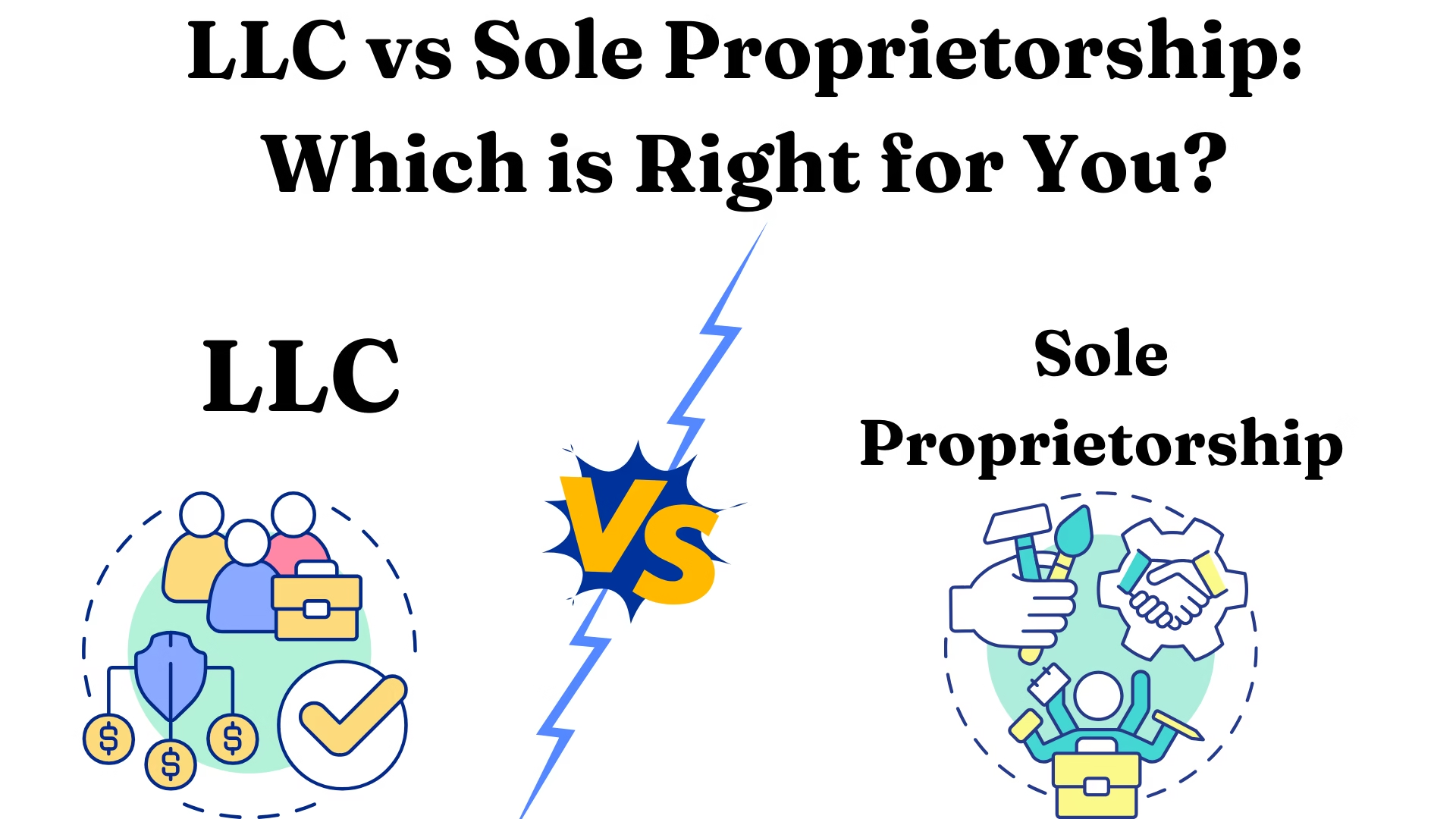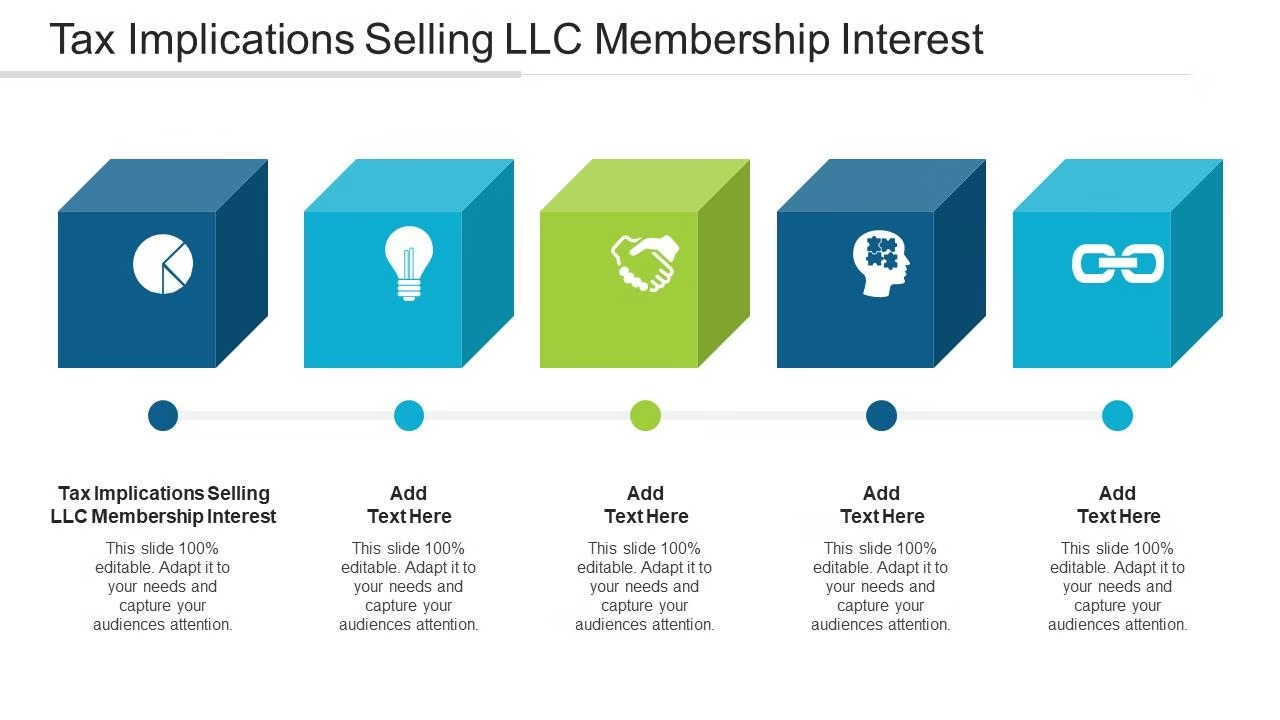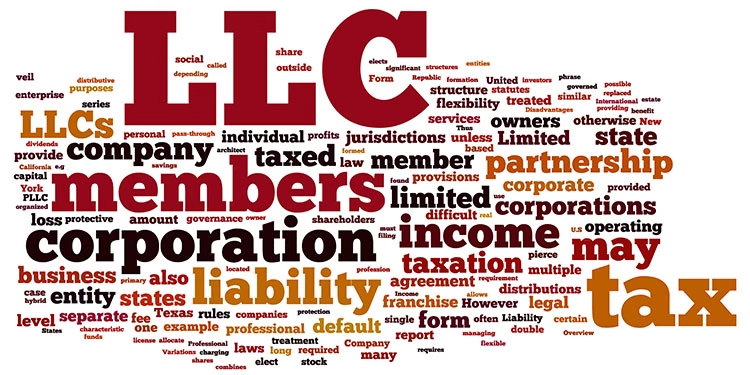- How to Sell Your LLC in the United States: A Step-by-Step Guide
- Introduction
- Understanding the Value of Your LLC
- Preparing Your LLC for Sale
- Choosing the Right Exit Strategy
- Getting a Business Valuation
- Assembling Your Sale Team
- Finding Potential Buyers
- Negotiating the Sale Terms
- Drafting the Purchase Agreement
- Transferring Ownership and Assets
- Tax Implications of Selling Your LLC
- Conclusion
- FAQS
- Introduction
How to Sell Your LLC in the United States: A Step-by-Step Guide
Introduction
Selling your Limited Liability Company (LLC) in the United States can be a rewarding but complex process. Whether you’re planning an exit strategy, retiring, or simply moving on to a new venture, it’s essential to understand the legal, financial, and operational steps involved. A successful sale requires careful preparation, a clear understanding of your business’s value, and the ability to navigate negotiations and transfer procedures.
This guide will walk you through each stage of the process—from evaluating your LLC’s worth to finalizing the sale—ensuring that you make informed decisions every step of the way. Whether you’re a first-time seller or a seasoned entrepreneur, this structured, step-by-step approach will help you maximize your business’s value, avoid common pitfalls, and ensure a smooth transition for both you and the buyer.
Understanding the Value of Your LLC

Before listing your LLC for sale, it’s crucial to determine its fair market value. This includes evaluating tangible assets like equipment or inventory, as well as intangible assets such as brand reputation, client base, or intellectual property. Consider your business’s earnings history, growth potential, and industry trends. Buyers want to see profitability and potential, so having accurate financial data and realistic projections will help justify your asking price. Understanding the true value of your LLC sets the foundation for negotiations and helps attract serious, qualified buyers.
Preparing Your LLC for Sale
A well-prepared business is far more attractive to buyers. Begin by organizing your financial records, tax returns, legal documents, and contracts. Resolve any outstanding debts or legal issues, and ensure that your operations run smoothly without your constant involvement. Clean up business processes, update employee roles, and make your operations more efficient. The goal is to present your LLC as a stable, low-risk opportunity. This not only increases buyer confidence but can also significantly boost your company’s sale price.
Choosing the Right Exit Strategy
Selecting the right exit strategy is a critical step in the selling process. You may choose to sell your entire LLC, bring in a partner through a partial sale, or merge with another company. Each option has different implications for control, taxes, and payout structure. Consider your long-term goals—do you want a clean break, or are you open to remaining involved during a transition period? Evaluating these options carefully will help you align the sale with your personal and professional objectives.
Getting a Business Valuation
A professional business valuation helps establish a credible asking price and supports your position during negotiations. Valuation experts assess various factors, including revenue, profits, industry conditions, and market demand. Depending on your business type, they may use methods like asset-based valuation, earnings multipliers, or discounted cash flow analysis. Even if you think you know your business’s worth, having an objective third-party evaluation lends legitimacy to your sale and reassures potential buyers about the investment.
Assembling Your Sale Team
Selling an LLC often involves complex legal and financial processes, so it’s wise to build a team of experienced professionals. A business broker can help market your business and find qualified buyers. An attorney ensures all legal documents are in order, while an accountant helps you understand tax implications and clean up financials. These experts work together to protect your interests, streamline the transaction, and help you avoid costly mistakes. Investing in the right team often results in a smoother and more profitable sale.
Finding Potential Buyers
Once your LLC is ready for sale, the next step is finding serious and qualified buyers. You can use business-for-sale marketplaces, industry contacts, or work with a business broker to reach a wider audience. Consider whether you’re open to individual buyers, competitors, or investors. Confidentiality is also important—use non-disclosure agreements (NDAs) to protect sensitive business information. A clear marketing strategy and well-prepared sale package will help attract the right buyer and speed up the sales process.
Negotiating the Sale Terms

Negotiation is where your preparation pays off. Discuss and agree on the sale price, payment structure (lump sum, installments, or earn-outs), transition period, and any ongoing obligations. Be ready to justify your valuation and respond to buyer concerns. Stay flexible but protect your key interests. This stage may involve multiple rounds of discussion and counteroffers, so patience and professionalism are vital. Having your legal and financial team involved ensures that the final terms are fair, clear, and legally binding.
Drafting the Purchase Agreement
The purchase agreement is the core legal document that finalizes the sale. It outlines all the negotiated terms, including purchase price, payment schedule, asset transfer details, non-compete clauses, and any conditions for closing. Your attorney should draft or thoroughly review this agreement to ensure compliance with state laws and protection of your interests. A well-written purchase agreement minimizes legal risks and ensures both parties understand their rights and responsibilities post-sale. It’s the final step before transferring ownership.
Transferring Ownership and Assets
Once the purchase agreement is signed, you’ll need to officially transfer ownership and business assets. This process includes updating your LLC’s ownership records with the state, transferring licenses, contracts, intellectual property, and physical assets. Notify vendors, customers, and employees as needed, and ensure a smooth handoff of operational responsibilities. Proper documentation and communication are key to avoiding disputes or disruptions. Depending on your state, you may also need to file specific forms or amendments with the Secretary of State’s office.
Tax Implications of Selling Your LLC

Selling your LLC can have significant tax consequences, depending on how your business is structured and how the sale is arranged. You may be liable for capital gains tax, self-employment tax, or other state and federal taxes. The structure of the sale—asset sale vs. membership interest sale—also affects your tax liability. Consult a tax professional early in the process to plan ahead, minimize your tax burden, and ensure compliance with IRS regulations. Proper planning can save you a substantial amount of money.
Conclusion
Selling your LLC is a major milestone that requires careful planning, expert guidance, and strategic decision-making. From preparing your business and understanding its value to negotiating terms and completing the transfer, every step plays a crucial role in achieving a successful sale. By following this step-by-step guide and assembling the right team, you can maximize your business’s value, protect your interests, and move forward with confidence. Whether you’re retiring or pursuing new opportunities, a well-executed sale sets the stage for your next chapter.
You Can Also Read: 10 Best Onlion Earning Platforms Without Investment
FAQS
How can I sell my company?
Once you’ve got your profits, work with a financial professional to decide the best ways to invest the proceeds.
- Identify Your Reasons for Selling. …
- Prepare the Business for Sale. …
- Get a Business Valuation. …
- Hire a Broker. …
- Prepare the Necessary Documents. …
- Launch Your Search for a Buyer. …
- Handle the Profits.
What is the best site to sell your business?
Where to Sell Your Business
- Professional Business Brokers. Online or offline business brokers are agents who can help you get your business ready for sale, value it, and sell it. …
- FE International. …
- Empire Flippers.
How much does it cost to register an LLC in the US?
The cost to register an LLC in the US varies by state, generally ranging from $35 to $500 for the initial filing fee. Additionally, there are potential annual fees, registered agent fees, and other compliance costs that may add to the overall expense.
What are the 7 ways to sell?
7-step selling process
- Preparation or pre-approach.
- Handling objections.
- Follow-up.
Can I sell my Amazon business?
Amazon Letter: How To Transfer a Seller Account
It clearly shares the process of transferring ownership of an Amazon seller account. It also states. This makes it clear that Amazon is politely acknowledging that owners can sell their Amazon business by transferring control of the Seller Account.
Which LLC is the cheapest?
Which states have the lowest LLC formation fees?
- Iowa: $50 filing fee.
- Kentucky: $40 filing fee.
- Michigan: $50 filing fee.
- Mississippi: $50 filing fee and no annual reporting fees.
- Missouri: $50 filing fee for LLCs that file online and no annual reporting fees.
- New Mexico: $50 filing fee and no annual reporting fees.

[…] driving through Canada on your way to Alaska is an exciting and adventurous journey that many travelers dream of undertaking. Known as the “Last Frontier,” Alaska offers stunning landscapes, abundant wildlife, and unique cultural experiences. But can you actually drive there? The answer is yes — you can drive to Alaska by car, but it requires some planning and preparation. The trip involves crossing international borders, navigating long stretches of remote highways, and dealing with changing weather conditions. […]
[…] setting competitive prices, and building a recognizable brand. This guide will walk you through the essential steps to successfully import and sell Italian products in the U.S., from initial research to creating effective marketing […]
[…] legal status of swingers’ clubs varies across the United States, largely influenced by local laws and community standards. While adult consensual activities are generally legal in private settings, some states have […]